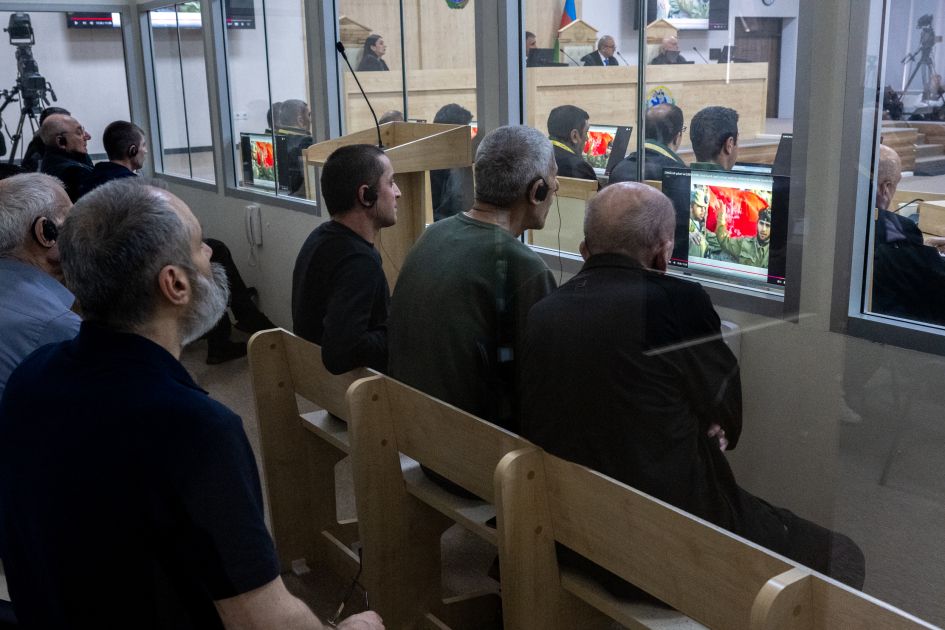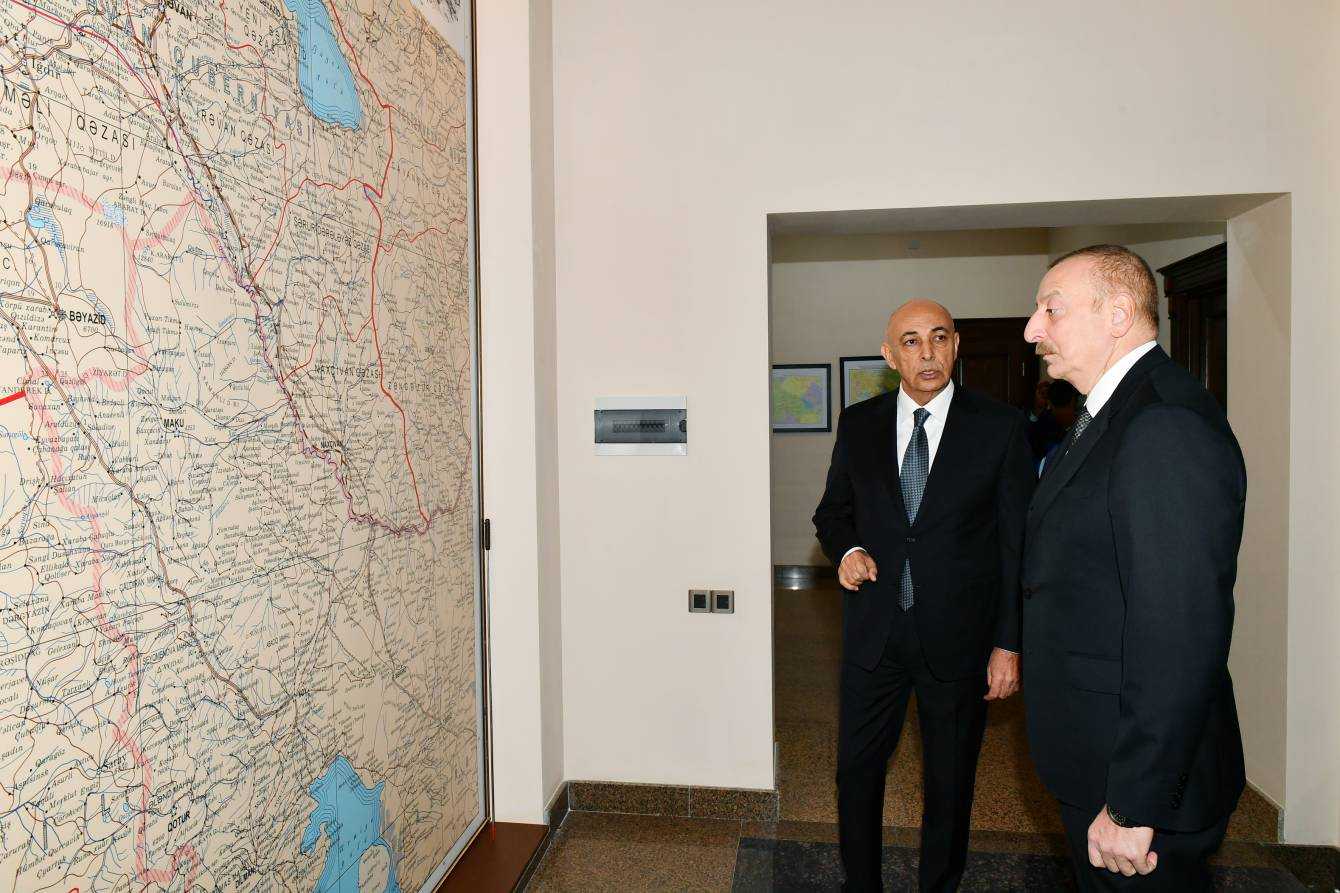
The European Court of Human Rights (ECHR) has ordered Azerbaijan to provide fresh information on the detention and health conditions of 23 Armenian prisoners still held in Baku, setting a 4 November deadline for submission.
The move comes after Azerbaijan attempted to halt the regular provision of updates on the captives’ status, arguing in a July petition to the Strasbourg-based court that it should no longer be obliged to share details. However, the ECHR rejected Baku’s request and instructed it to continue reporting.
Siranush Sahakyan, an Armenia-based lawyer representing the prisoners in international courts, confirmed that there was no discrepancy between the number of prisoners mentioned in the ECHR’s ruling and Azerbaijan’s statements. Yet, the lawyer mentioned that ‘there is often talk of 80 people’ who have been forcefully disappeared, but the number could be much higher. She also mentioned that in some cases, they have received information about the death of people after being captured by the Azerbaijani forces.
Among the 23 confirmed captives, there are eight former military-political leaders of Nagorno-Karabakh, detained by Azerbaijan following their final offensive on the region in September 2023.
She added that at the moment they have information that representatives of the Council of Europe’s European Committee for the Prevention of Torture and Inhuman or Degrading Treatment or Punishment had visited Azerbaijan.
‘We do not rule out that they had a one-time meeting with some Armenians within the framework of the visits. I will refrain from providing details. We will make a statement in the future’, Sahakyan concluded.
Armenian lawyers, as well as international organisations, have repeatedly warned about an apparent mistreatment of Armenian prisoners in Baku since the Second Nagorno-Karabakh War in 2020.
Until recently, the International Committee of the Red Cross (ICRC) was the only organisation able to monitor the prisoners’ conditions. The ICRC facilitated visits, checked their health, and arranged calls with families. Its last access was in June, but on 3 September, the humanitarian body was forced to terminate its mission in Azerbaijan.
With the ICRC gone, the families of the prisoners say they are living in complete uncertainty. Several relatives told Armenian media that they have not heard from their loved ones for months or even years. Sahakyan said that some of the detainees had expressed suicidal thoughts or attempted suicide during earlier phone calls with relatives in Armenia.

The fate of the prisoners remains one of the most pressing yet uncertain issues between Armenia and Azerbaijan, even after the two sides initialed a peace treaty in Washington on August 8. Neither that agreement nor a separate declaration signed at the White House obliges Azerbaijan to release the prisoners.
That omission has fueled criticism of Prime Minister Nikol Pashinyan from opposition groups in Yerevan, who accuse him of failing to secure the captives’ release in the peace process.
Pashinyan, for his part, has avoided direct references to the prisoners in recent speeches at the UN General Assembly and the Parliamentary Assembly of the Council of Europe. In speeches for internal audiences, however, Armenian officials claim the issue of the prisoners is a top priority for the Pashinyan government.
Tensions boiled over last week in Yerevan when families of missing soldiers and prisoners gathered outside the Defence Ministry to demand a meeting with senior officials. After hours of protests, Armenian Chief of the General Staff Edvard Asryan met with them, pledging continued efforts through interagency channels.
Some relatives had hoped that Andranik Simonyan, head of Armenia’s National Security Service (NSS) and chair of the government’s commission on captives and missing persons, would use his recent trip to Baku for an international conference to raise the issue directly. The NSS has not confirmed whether Simonyan discussed the matter with Azerbaijani officials.

This article was translated into Azerbaijani and republished by our partner Meydan TV.










